|
Cameroon is no closer to solving a crisis that’s led to widespread violence over the past three years. People in the country's English-speaking regions feel they are marginalised by the Francophone government. Their protests have been met with state-sanctioned violence. Felix Agbor Balla Nkongho, a Cameroonian lawyer and human rights activist, was among those detained for taking part in the protests. He discusses the country's precarious situation with Cheryl Hendricks and Gabriel Ngah Kiven.
Some ecologists have called this time, when Earth is seeing an unprecedented loss of species, a sixth mass extinction. But extinctions have occurred for as long as life has existed. What's worrying about this period is how quickly extinction is occurring. Jaco Le Roux, Florencia Yanelli, Heidi Hirsch, Maria Loreto Castillo, José María Iriondo Alegría and Marcel Rejmánek outline their findings about the rate of extinction among plant species. The news is not good.
|
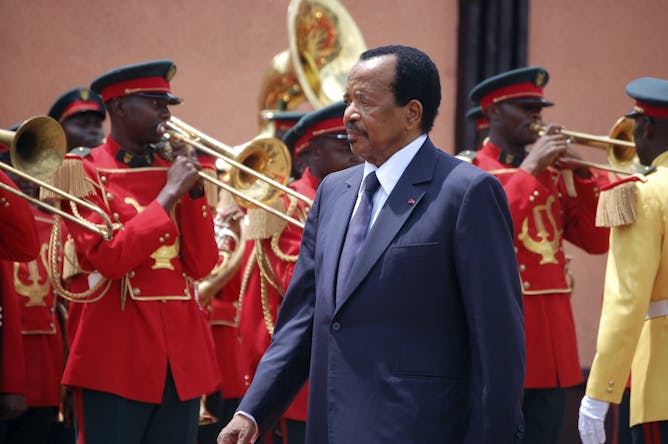
The government of President Paul Biya is accused of committing atrocities against opponents.
EPA-EFE
Cheryl Hendricks, Human Sciences Research Council; Gabriel Ngah Kiven, University of Johannesburg
Cameroon's English speaking people suffer gross marginalisation and are treated as second-class citizens by the Francophone government.
|
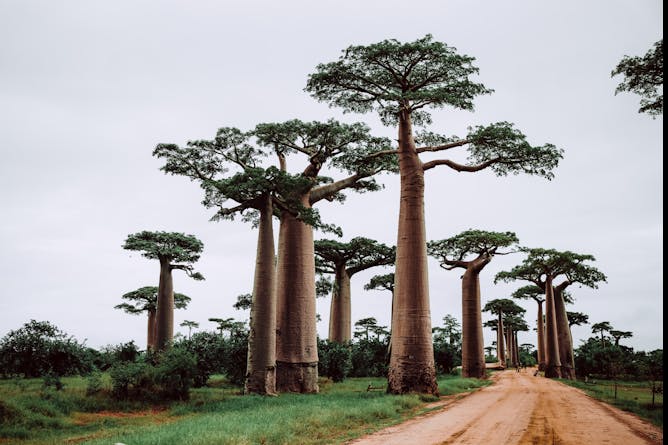
Plant extinctions have skyrocketed, driven in large part by land clearing and climate change.
Graphic Node/Unsplash
Jaco Le Roux, Macquarie University; Florencia Yanelli, Stellenbosch University; Heidi Hirsch, Stellenbosch University; José María Iriondo Alegría, Universidad Rey Juan Carlos; Marcel Rejmánek, University of California, Davis; Maria Loreto Castillo, Stellenbosch University
Human-driven land clearing and climate change are sending plants extinct at a rapid rate, risking a devastating biodiversity crash.
|
Education
|

Thomas Kariuki, African Academy of Sciences
Lack of access to resources is a big problem for postdoctoral researchers.
| |

Karl Kunert, University of Pretoria; Christopher Cullis, Case Western Reserve University
Most universities focus on teaching basic sciences with little reference to commercialisation of ideas and new technologies.
|
|
|
From our international editions
|
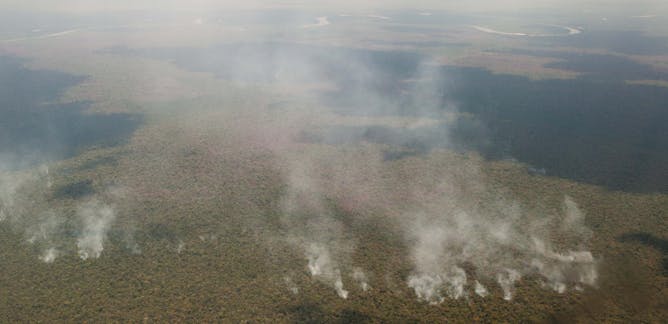
Danilo Ignacio de Urzedo, University of Sydney
The Amazon is burning at record levels, and land clearing is to blame. The good news: we already know what we need to do to stop it.
| |
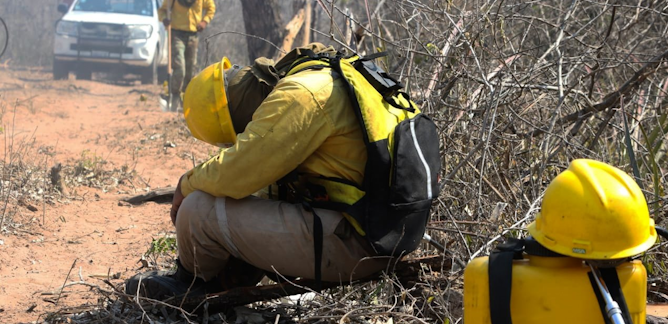
Claire F.R. Wordley, University of Cambridge
While the world watches the Brazilian Amazon burn, across the border in Bolivia it’s also ablaze.
|
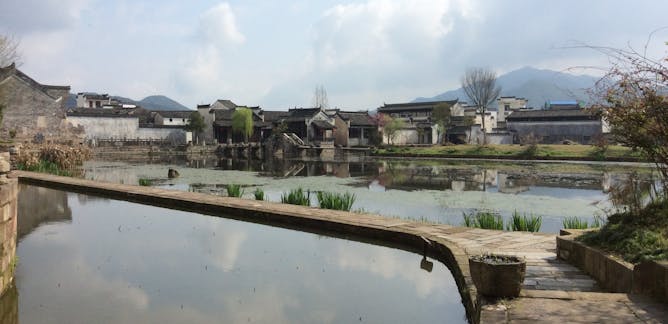
Xiang Ren, University of Sheffield
Two thirds of China's 900m rural residents are moving to cities. Now, architects are finding ways to preserve their built heritage, before it disappears.
| |

Alice Rudge, UCL
A study of Batek hunter-gatherers from Malaysia shows how laughter can shape our ethical values.
|
|
|
En français
|

Roland Pérez, Université de Montpellier
Les signaux indiquant la fin du cycle haussier amorcé depuis la crise de 2008 se multiplient. Cette situation devrait donner lieu à de vifs échanges lors du G7 de Biarritz qui s’ouvre le 24 août.
| |

Christian Bromberger, Aix-Marseille Université (AMU)
Les autorités iraniennes comprennent, à la rigueur, que des universitaires étrangers se passionnent pour l’archéologie ou la philologie mais toute recherche sur la société contemporaine est suspecte.
|
|
|